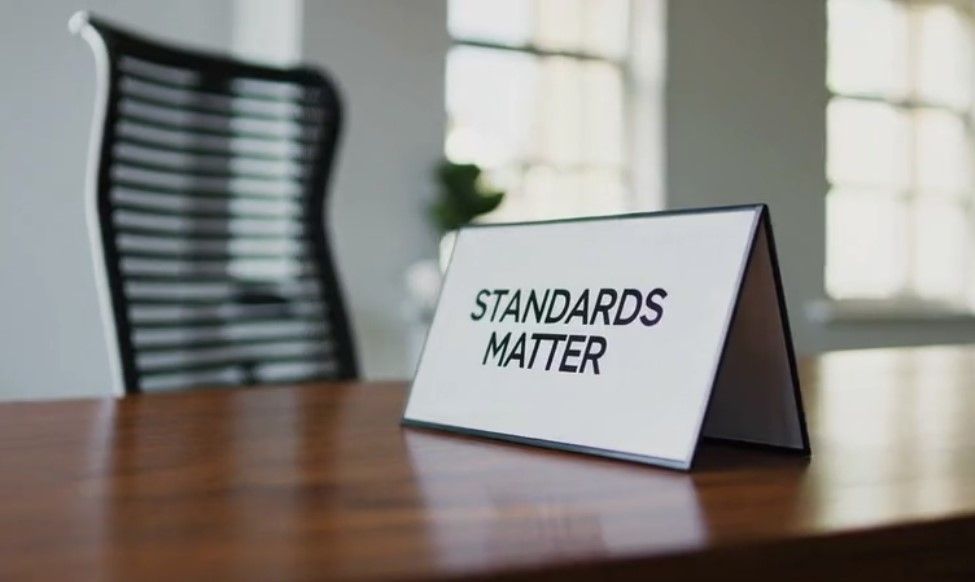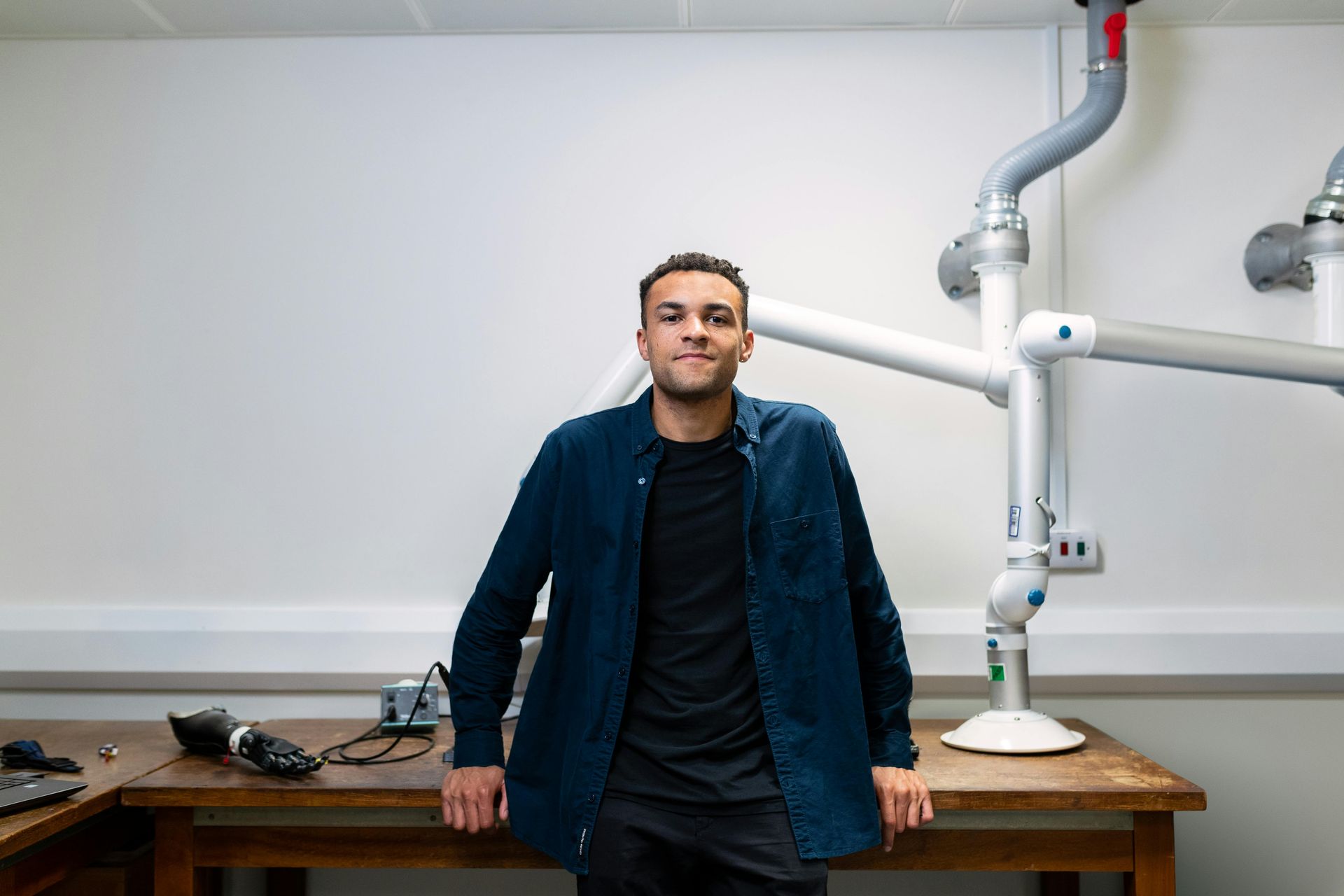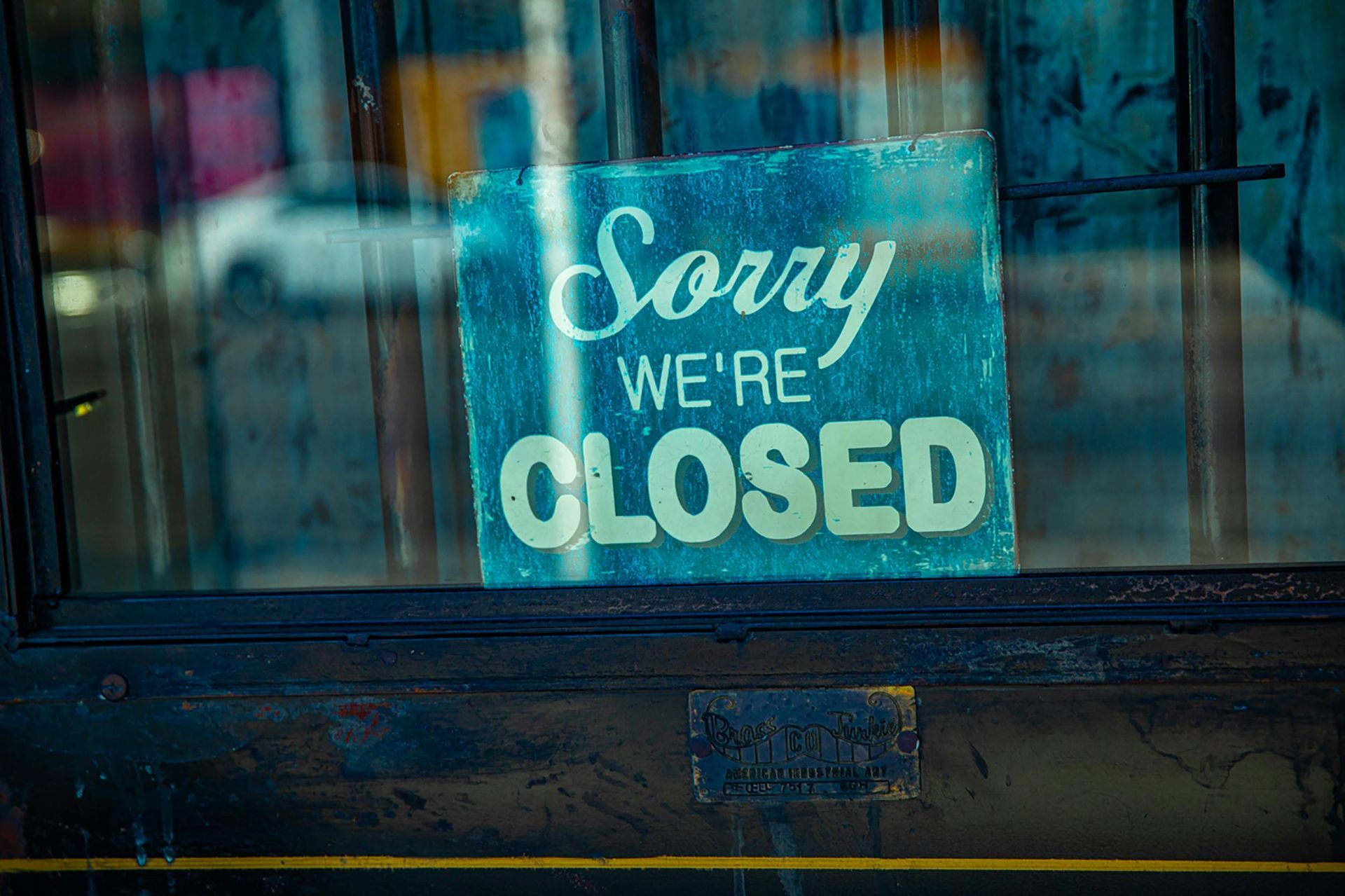Scientists vs. Lawyers: Who Makes My Life Harder? Woes from the Front Line
What happens when your hiring process needs peer review... and legal counsel.
There are weeks in recruitment that make you feel like an amateur anthropologist, observing entirely different species in their natural habitats. Last week was one of them. One day, I was deep in discussion with a life sciences client, an ex-researcher who wanted to tweak, optimise, and fine-tune their hiring process with the precision of a CRISPR edit. This wasn’t recruitment - this was a clinical trial. The next, I was on a call with a lawyer who spent an impressive amount of invoiced time debating a contractual clause that had absolutely no bearing on reality.
Two minds, two approaches. One is fueled by curiosity and iteration, the other by conviction and argument. Yet somehow, in recruitment, you have to straddle both worlds - dodging the over-analysis of the scientist while sidestepping the immovable stubbornness of the lawyer.
Why Do Scientists and Lawyers Think So Differently?
At its core, this contrast isn’t just professional - it reflects deeper cognitive instincts. You might even say it’s evolutionary: scientists probe the unknown to discover the rules, lawyers ensure we play by them.
The scientist brain evolved for adaptive problem-solving - experimenting, testing, and refining to uncover the best solution. Think early humans figuring out new hunting strategies or reverse-engineering which berries didn’t cause death.
The lawyer brain evolved for tribal cohesion and influence - arguing a position persuasively, enforcing norms, and ensuring stability. These were the people resolving disputes over territory, interpreting who had broken which rule, and ensuring no one brought shame to the group.
Not all challenges suit the same mindset. Some are simple. Some are complex. The Cynefin framework would suggest that scientific thinking suits murky, evolving situations, while legal thinking thrives where rules are stable and outcomes are predictable.
Hiring, unfortunately, is rarely predictable.
Why Scientist Brains Can Struggle with Hiring
I once worked with a client - a typically brilliant PhD - who applied the scientific method to hiring. Every job description was A/B tested. Every interview format refined. Even the best candidates were put through multiple iterations of assessment to ensure there was no room for error.
It was impressive. Until it wasn’t. Hiring isn’t a controlled lab experiment - it’s a dynamic, fast-moving process. The perfect process is useless if the perfect candidate has already been snapped up by a company that moved faster.
At one point-late on, somewhere between our fourth process map and my second existential crisis, they asked, “What if we tweak the process again? Wouldn’t a slight adjustment yield a greater spread of results?”
"It could - though eventually this process has to end with a hire." was the weathered response.
Where Lawyers Get It Wrong
On the other end of the spectrum, and for balance, some companies still approach hiring with lawyer brains - rigid, rule-based, and resistant to change.
Their mindset:
“We’ve always hired this way.”
“We don’t need to adapt our interview process.”
Or the classic: “If the candidate really wants the job, they’ll jump through our hoops.”
This can work - until it doesn’t. The best candidates don’t wait around for an inflexible, outdated process. They move on.
The Best Hiring Strategy: Scientist Meets Lawyer
The most effective hiring teams and the best recruiters - balance the two approaches:
Think like a scientist – Gather insights, refine the process, and adapt based on results.
Act like a lawyer – Make decisive calls, trust in a structured approach, and have the conviction to move forward.
Too much science, and you risk getting stuck in a loop of over-analysis. Too much law, and you risk stagnation.
Of course, these aren’t rigid categories. Most people flex between modes. Some of the best clients I’ve worked with shift seamlessly from hypothesis to decision, curiosity to commitment. It’s just rare.
Final Thought: So, Who Makes My Life Harder?
The scientist wants more data. The lawyer wants more safeguards. One rewrites the process until it sings; the other redrafts the contract until no risk remains.
Both bring value. Both bring delay. Occasionally, they bring it all at once.
So, who makes my life harder?
The truth is, neither. It’s not really about difficulty - it’s about pace. Scientists’ slow things down by searching for the best answer. Lawyers’ slow things down by ensuring no one gets blamed for choosing the wrong one.
Our role? To keep things moving. To steer between caution and curiosity. To get decisions made before talent disappears.
In recruitment, timing doesn't outrank quality - but hesitate too long, and the best candidate becomes someone else’s hire.
Contact Us
Hiring is data. Retention is psychology. The best companies get both right - only the exceptional make it a strategy
















